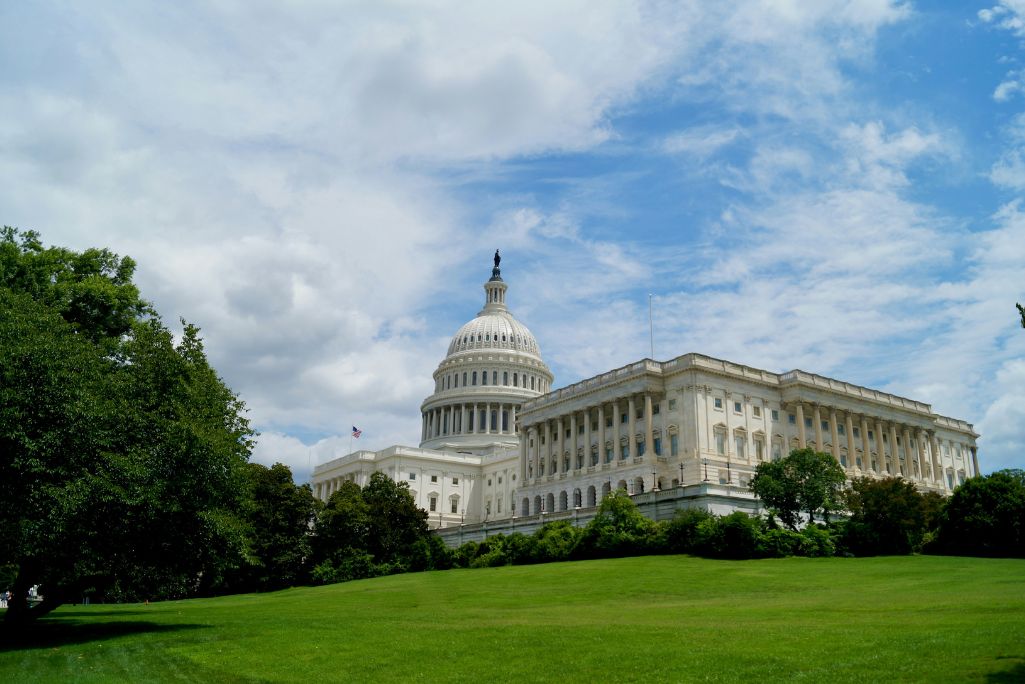The Southern Baptist Convention’s (SBC) ethics entity has cheered the enactment of a new federal law nullifying a rule that had the effect of permitting predatory loans nationwide.
President Joe Biden signed into law June 30 a measure under the Congressional Review Act that rescinded the “true-lender” rule, which enabled payday lenders to collaborate with out-of-state banks and thereby avoid bans on predatory loans in states that had outlawed them.
The rule’s repeal “is a welcome change, and we are grateful to Congress for passing this legislation and President Biden for signing it,” said Daniel Patterson, acting president of the Ethics & Religious Liberty Commission (ERLC). “No longer will payday lenders be allowed to subvert existing state laws and exploit vulnerable people with outrageous interest rates on short-term loans.
“The Bible condemns usurious business practices, and the SBC messengers have denounced predatory payday lending.”
Messengers to the 2014 SBC annual meeting approved a resolution that opposed predatory payday lending, called for the adoption of just government policies to end the practice and urged churches to provide training in financial stewardship.
In a signing ceremony, Biden said the schemes allowed by the rule permit lenders “to prey on veterans, seniors and other unsuspecting borrowers … trapping them into a cycle of debt.”
Payday lending, as it is commonly known, often draws poor people into deep debt by charging exorbitant, and often misleading, interest rates. For example, though an interest rate may be portrayed by a lender as 15%, it actually may be only for a two-week period until a person’s next payday. The annual interest rate in payday lending typically is about 400%, making it extremely difficult for a borrower to repay the loan.
The Office of the Comptroller of the Currency finalized the National Banks and Federal Savings Associations as Lenders rule – which became known as the “true-lender” rule – in October 2020. It became effective in late December.
The rule sought to clarify the identity of the “true lender” in a partnership between a bank and a third party. It said the bank is the “true lender” if it is “named as the lender in the loan agreement” or “funds the loan.”
Critics pointed out, however, the regulation made possible “rent-a-bank” schemes in which payday lenders could partner with banks in another state to avoid rate caps. Though nearly 20 states and the District of Columbia have rate caps of 36%, according to the ERLC, predatory lenders could charge much more in those states under the rule.
Congress has the authority to repeal federal regulations under the Congressional Review Act. The Senate passed the bill to annul the rule by a 52-47 vote in May, while the House of Representatives voted 218-208 for the measure June 24.
No Democrats voted against the legislation, while only four Republicans supported it. Those GOP members were Sens. Susan Collins of Maine, Cynthia Lummis of Wyoming and Marco Rubio of Florida and Rep. Glenn Grothman of Wisconsin.
The ERLC has worked to end predatory loans as a partner in the Faith for Just Lending coalition, which it helped launch in 2015. In its 2021 public policy agenda, the ERLC again called for regulation of the predatory lending industry. The commission supports reintroduction of the Veterans and Consumers Fair Credit Act, which would broaden to all Americans the annual percentage rate cap of 36% now in effect for active-duty military members.
In addition to the ERLC, Faith for Just Lending’s members, according to its latest news release, include the National Association of Evangelicals; National Baptist Convention, USA; National Latino Evangelical Coalition; Cooperative Baptist Fellowship; The Center for Public Justice; The Episcopal Church; and Faith in Action.
(EDITOR’S NOTE – Tom Strode is Washington bureau chief for Baptist Press.)


